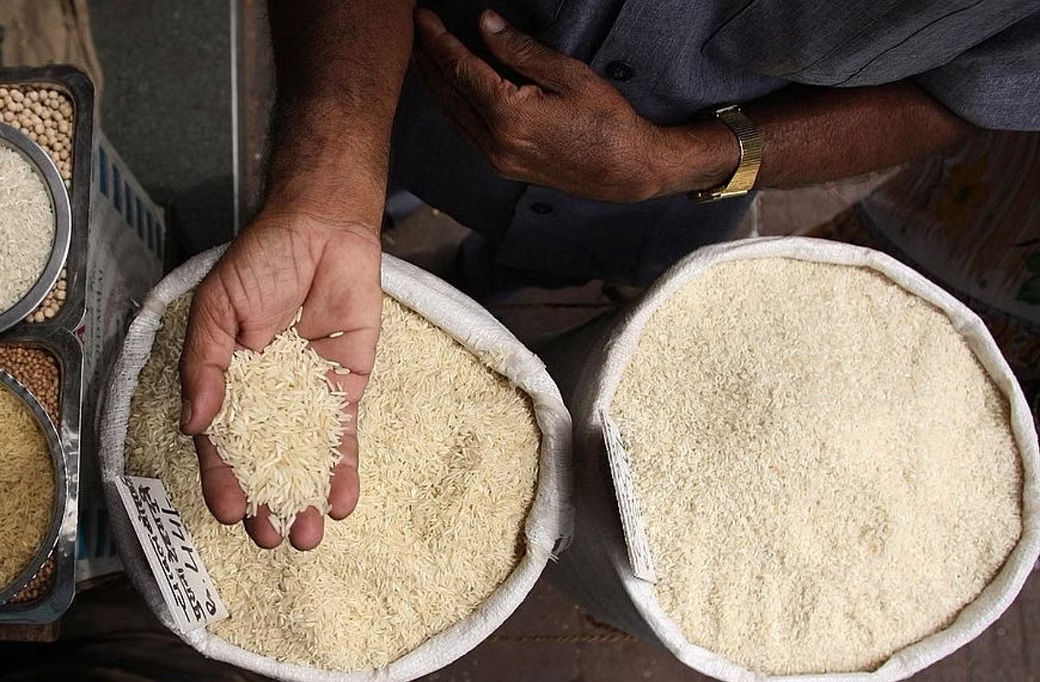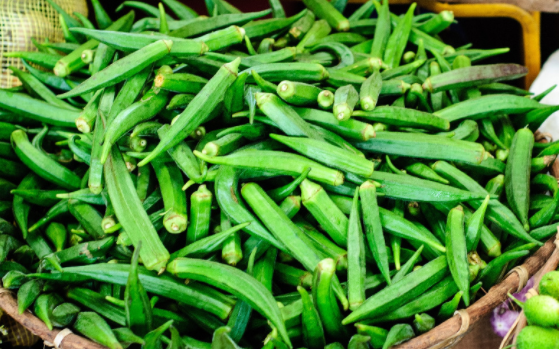The Indian government says it has suspended exports of non-basmati white rice in order to lower the price of the commodity in the country.
India’s ministry of consumer affairs, food, and public distribution, announced the export prohibition in a statement on Thursday.
Widely consumed globally, non-basmati rice is a type of rice that has a small grain size.
The ministry said the export ban on the rice followed a surge in retail prices by 3 percent in a month, after late but heavy monsoon rains, which caused significant damage to crops.
Advertisement
“In order to ensure adequate availability of non-basmati white rice in the Indian market and to allay the rise in prices in the domestic market, the government of India has amended the export policy,” the food ministry said, citing an 11.5 percent increase in retail prices in 12 months.
“The prohibition on export of non-basmati white rice will lead to lowering of prices for the consumers in the country.”
The government clarified that parboiled rice, which represented 7.4 million tons of exports in 2022, was not included in the ban.
Advertisement
Accoridng to the ministry, the ban took effect from July 20, but vessels under loading would be allowed for exports.
The development comes a few days after the Russian government halted its participation in a deal that allowed the export of Ukrainian grain through the Black Sea — straining the global food supply.
India accounts for more than 40 percent of world’s rice exports, and reduction in shipments from other exporters may impact global food prices, which were already rising as a result of the Russian invasion of Ukraine last year.
India’s decision may have more impact on African buyers, especially Nigeria, a major importer of the commodity.
Advertisement
In 2021, Nigeria imported rice primarily from India at $5.78 million, representing the highest imports relative to Thailand ($948,000), the United States ($694,000), Vietnam ($589,000), and United Arab Emirates ($509,000).
Former President Muhammadu Buhari had, in August 2019, shut all land borders in the country as part of efforts to curtail smuggling and boost local production of the staple.
Although some borders have now been reopened to allow for the movement of goods, this had caused local rice production to decline, according to the Rice Processors Association of Nigeria (RIPAN).
Rice is one of the most consumed staples in Nigeria, with a consumption per capita of 32 kilogramme (kg).
Advertisement
Add a comment






